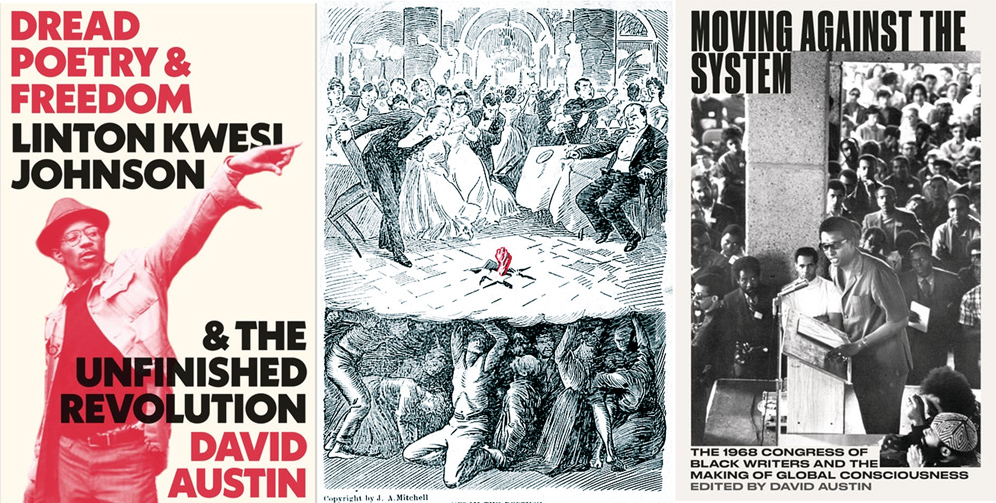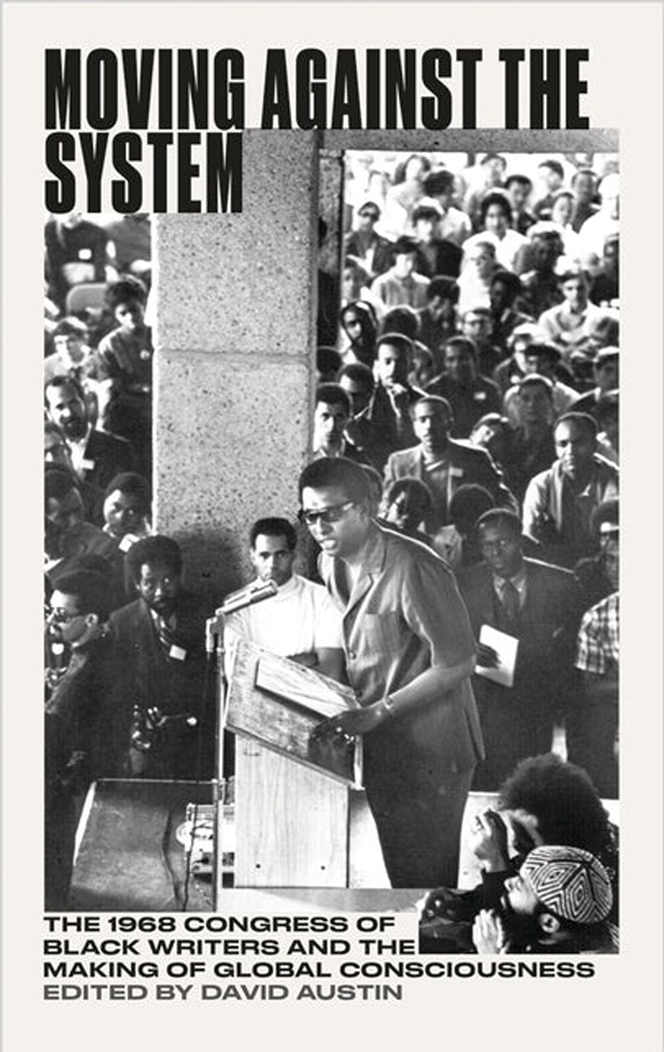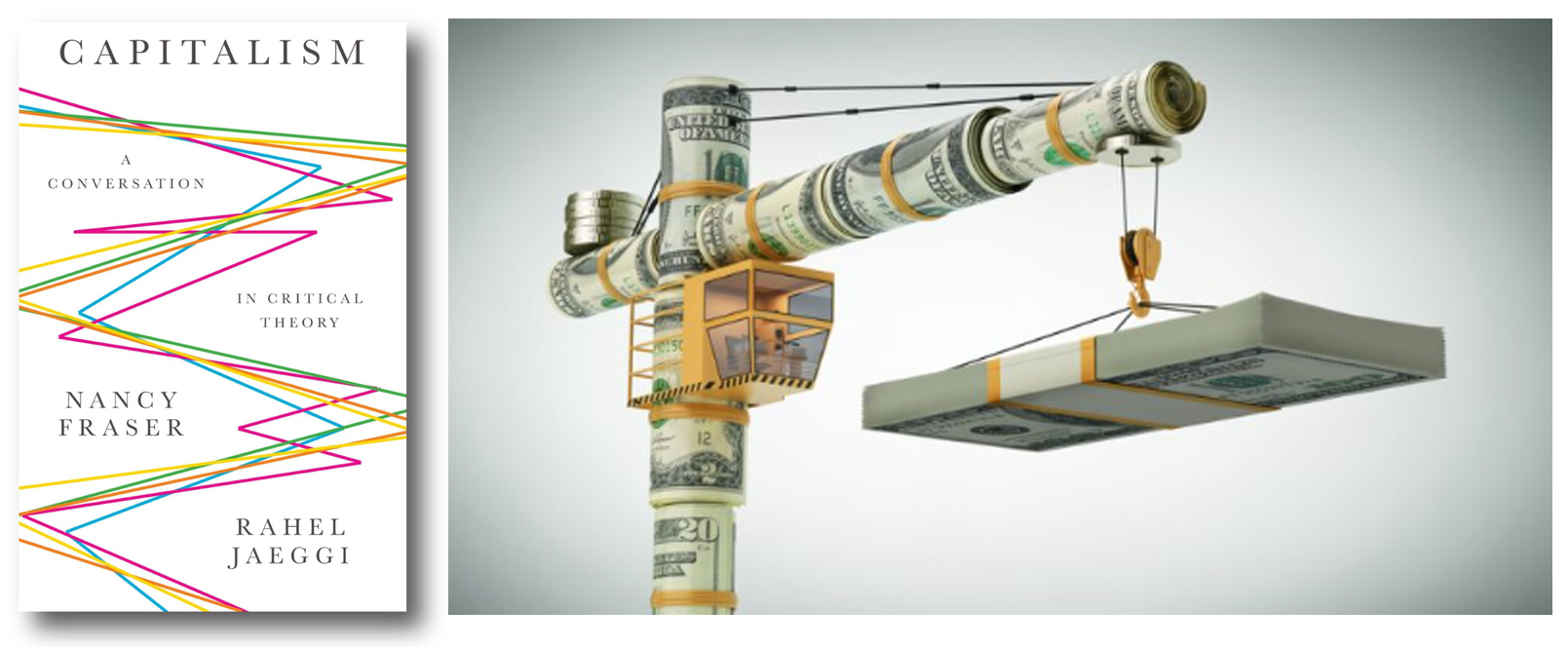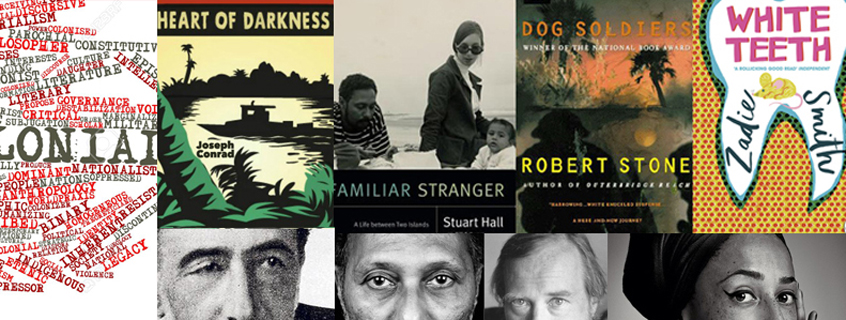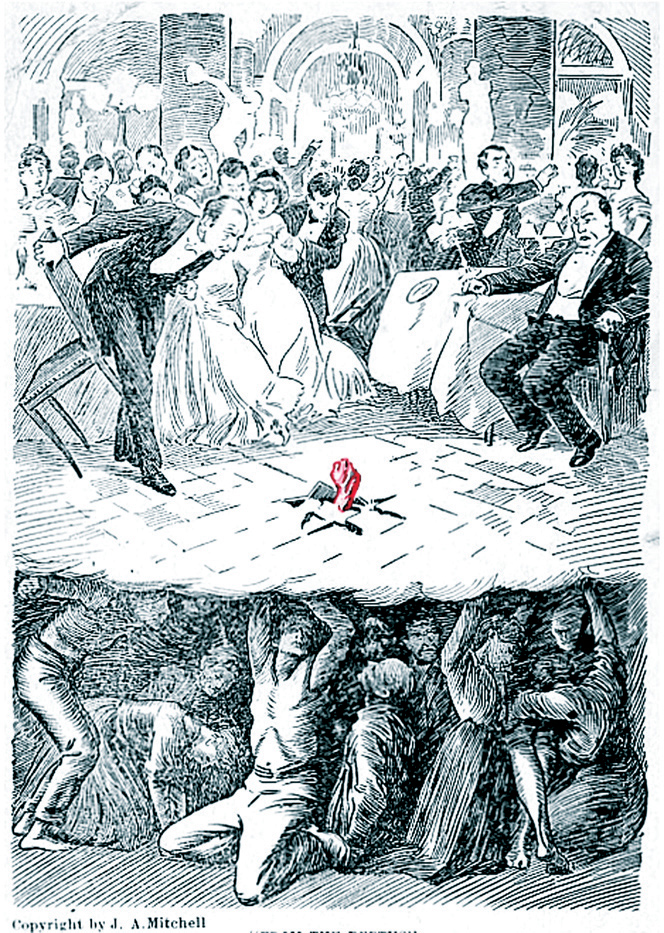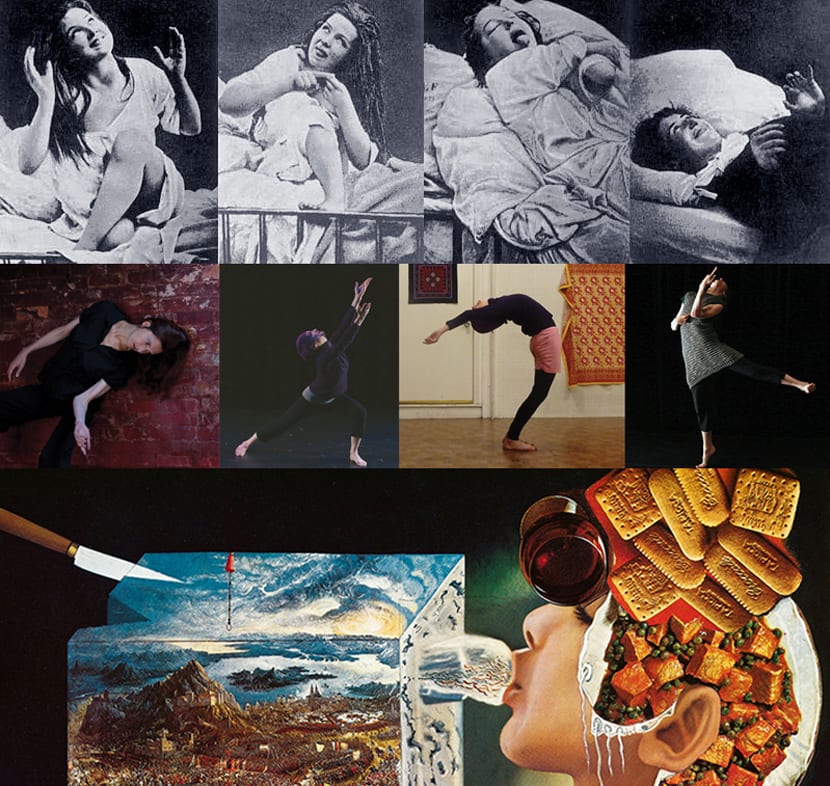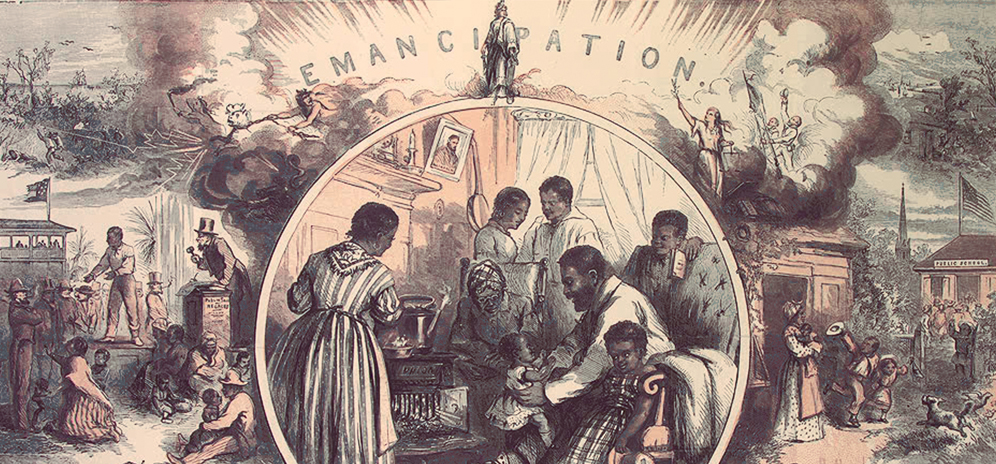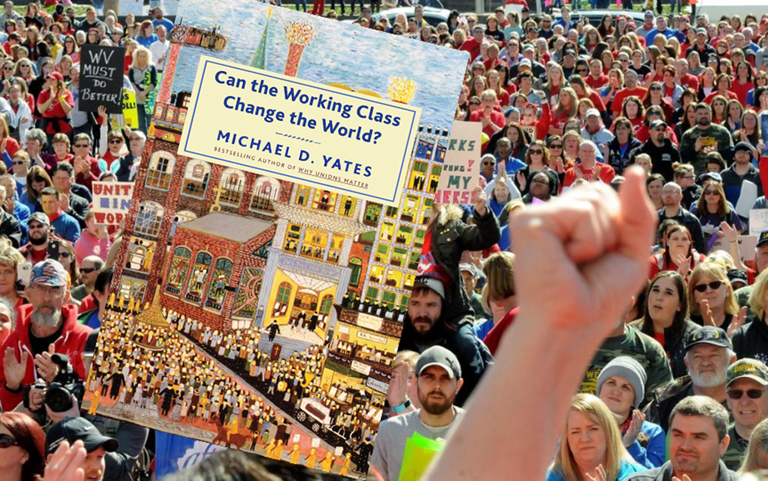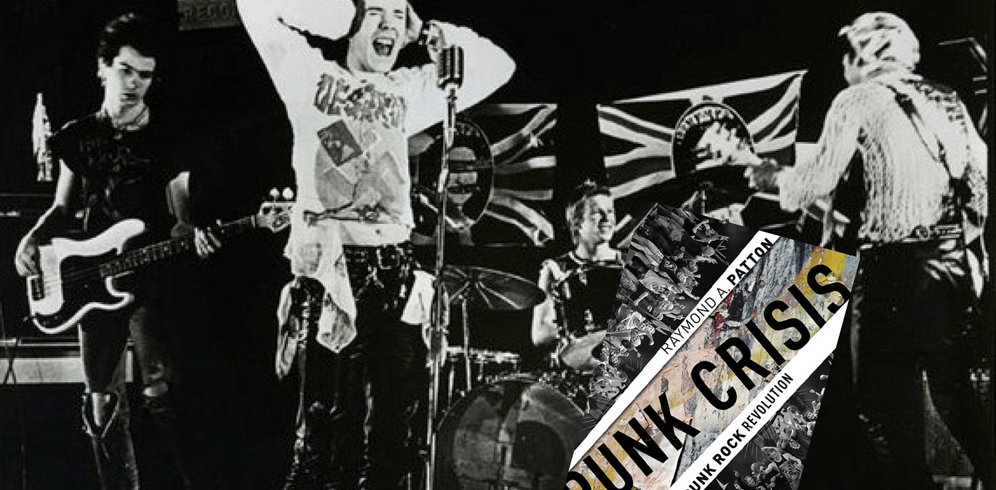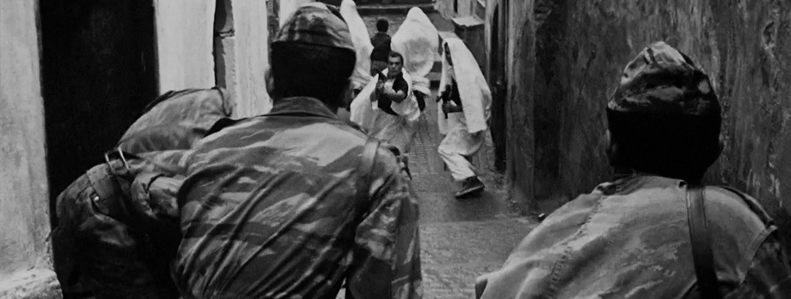Calendar of Events
S Sun
M Mon
T Tue
W Wed
T Thu
F Fri
S Sat
2 events,
Weekend Special Pass: Austin, Gordon, Marx
2 events and a visit to our ongoing Capital Saturday study session in between.
Moving Against the System
Moving Against the System
Against a backdrop of widespread racism in the West, and colonialism and imperialism in the 'Third World', this group of activists, writers and political figures gathered to discuss the history and struggles of people of African descent and the meaning of Black Power.
0 events,
0 events,
0 events,
2 events,
Capitalism: Causes, Conditions, Consequences … and Beyond
Capitalism: Causes, Conditions, Consequences … and Beyond
Join us for a close reading of Capitalism: A Conversation in Critical Theory which shows how different historical regimes of capitalism have relied on institutional separations between economy and polity, production and social reproduction, and human and non-human nature. Interaction between these domains is periodically readjusted in response to crises and upheavals.
Globalization and Writing
Globalization and Writing
Unwilling, or unable to conform and accept lesser positions in their societies, they remain within their marginality and write their unease in novels which give readers an alternative report of the results of colonization both abroad where the EuroAmerican capitalists have colonized and what consequences that colonization has made for life in the their countries of origin.
0 events,
2 events,
Capital, Volume 1
Capital, Volume 1
Karl Marx’s Capital remains the fundamental text for understanding how capitalism works. By unraveling the commoditized forms of our interactions with nature and each other, it provides tools to understand capitalism’s astounding innovativeness and productivity, intertwined with growing inequality and misery, alienation, stunting of human potential, and ecological destruction all over the globe.
The Last Dance Meets The Last Repast
The Last Dance Meets The Last Repast
The talk will examinethe historico-political relationships between: the psychiatric transformation of madness into mental illness, the psychoanalytic discovery of the unconscious, the surrealist anti-psychiatric art, and dance-theater’s embodied expression stripped of narrative development. A surreal meal will be the last part of this event.
0 events,
1 event,
Black Reconstruction
Black Reconstruction
THIS SERIES HAS BEEN EXTENDED TO MAY 20!
...the great social revolution of that momentous period following the Civil War was surely the “reconstruction” of social relations in the former slave states. In his groundbreaking study (1935), W.E.B. DuBois reveals that this social revolution was both initiated by slaves in the midst of the war and carried through by the emancipated Black population during and after the period when federal troops occupied the former Confederate states.
0 events,
0 events,
3 events,
Can the Working Class Change the World?
Can the Working Class Change the World?
Marx argued, because capitalism is the apotheosis of class society, it must be the last class society: it must, therefore, be destroyed. And only the working class, said Marx, is capable of doing that.
Capitalism: Causes, Conditions, Consequences … and Beyond
Capitalism: Causes, Conditions, Consequences … and Beyond
Join us for a close reading of Capitalism: A Conversation in Critical Theory which shows how different historical regimes of capitalism have relied on institutional separations between economy and polity, production and social reproduction, and human and non-human nature. Interaction between these domains is periodically readjusted in response to crises and upheavals.
Globalization and Writing
Globalization and Writing
Unwilling, or unable to conform and accept lesser positions in their societies, they remain within their marginality and write their unease in novels which give readers an alternative report of the results of colonization both abroad where the EuroAmerican capitalists have colonized and what consequences that colonization has made for life in the their countries of origin.
0 events,
1 event,
Capital, Volume 1
Capital, Volume 1
Karl Marx’s Capital remains the fundamental text for understanding how capitalism works. By unraveling the commoditized forms of our interactions with nature and each other, it provides tools to understand capitalism’s astounding innovativeness and productivity, intertwined with growing inequality and misery, alienation, stunting of human potential, and ecological destruction all over the globe.
0 events,
2 events,
Black Reconstruction
Black Reconstruction
THIS SERIES HAS BEEN EXTENDED TO MAY 20!
...the great social revolution of that momentous period following the Civil War was surely the “reconstruction” of social relations in the former slave states. In his groundbreaking study (1935), W.E.B. DuBois reveals that this social revolution was both initiated by slaves in the midst of the war and carried through by the emancipated Black population during and after the period when federal troops occupied the former Confederate states.
Can the Working Class Change the World?
Can the Working Class Change the World?
Marx argued, because capitalism is the apotheosis of class society, it must be the last class society: it must, therefore, be destroyed. And only the working class, said Marx, is capable of doing that.
0 events,
0 events,
2 events,
Capitalism: Causes, Conditions, Consequences … and Beyond
Capitalism: Causes, Conditions, Consequences … and Beyond
Join us for a close reading of Capitalism: A Conversation in Critical Theory which shows how different historical regimes of capitalism have relied on institutional separations between economy and polity, production and social reproduction, and human and non-human nature. Interaction between these domains is periodically readjusted in response to crises and upheavals.
Globalization and Writing
Globalization and Writing
Unwilling, or unable to conform and accept lesser positions in their societies, they remain within their marginality and write their unease in novels which give readers an alternative report of the results of colonization both abroad where the EuroAmerican capitalists have colonized and what consequences that colonization has made for life in the their countries of origin.
0 events,
1 event,
Capital, Volume 1
Capital, Volume 1
Karl Marx’s Capital remains the fundamental text for understanding how capitalism works. By unraveling the commoditized forms of our interactions with nature and each other, it provides tools to understand capitalism’s astounding innovativeness and productivity, intertwined with growing inequality and misery, alienation, stunting of human potential, and ecological destruction all over the globe.
0 events,
2 events,
Can the Working Class Change the World?
Can the Working Class Change the World?
Marx argued, because capitalism is the apotheosis of class society, it must be the last class society: it must, therefore, be destroyed. And only the working class, said Marx, is capable of doing that.
Black Reconstruction
Black Reconstruction
THIS SERIES HAS BEEN EXTENDED TO MAY 20!
...the great social revolution of that momentous period following the Civil War was surely the “reconstruction” of social relations in the former slave states. In his groundbreaking study (1935), W.E.B. DuBois reveals that this social revolution was both initiated by slaves in the midst of the war and carried through by the emancipated Black population during and after the period when federal troops occupied the former Confederate states.
0 events,
1 event,
Punk Crisis
Punk Crisis
Ray Patton argues that punk eroded the boundaries and political categories that defined the Cold War Era, replacing them with a new framework based on identity as conservative or progressive. Through this paradigm shift, punk unwittingly ushered in a new era of global neoliberalism.
2 events,
Capitalism: Causes, Conditions, Consequences … and Beyond
Capitalism: Causes, Conditions, Consequences … and Beyond
Join us for a close reading of Capitalism: A Conversation in Critical Theory which shows how different historical regimes of capitalism have relied on institutional separations between economy and polity, production and social reproduction, and human and non-human nature. Interaction between these domains is periodically readjusted in response to crises and upheavals.
Globalization and Writing
Globalization and Writing
Unwilling, or unable to conform and accept lesser positions in their societies, they remain within their marginality and write their unease in novels which give readers an alternative report of the results of colonization both abroad where the EuroAmerican capitalists have colonized and what consequences that colonization has made for life in the their countries of origin.
1 event,
Pontecorvo Double Feature!
Pontecorvo Double Feature!
Nine years ago the anti-bourgeois film festival began at the Brecht Forum to get to nights like this, where films as profound as The Battle of Algiers and Burn! could be viewed and then discussed, not merely consumed.
1 event,
Capital, Volume 1
Capital, Volume 1
Karl Marx’s Capital remains the fundamental text for understanding how capitalism works. By unraveling the commoditized forms of our interactions with nature and each other, it provides tools to understand capitalism’s astounding innovativeness and productivity, intertwined with growing inequality and misery, alienation, stunting of human potential, and ecological destruction all over the globe.
0 events,
2 events,
Black Reconstruction
Black Reconstruction
THIS SERIES HAS BEEN EXTENDED TO MAY 20!
...the great social revolution of that momentous period following the Civil War was surely the “reconstruction” of social relations in the former slave states. In his groundbreaking study (1935), W.E.B. DuBois reveals that this social revolution was both initiated by slaves in the midst of the war and carried through by the emancipated Black population during and after the period when federal troops occupied the former Confederate states.
Can the Working Class Change the World?
Can the Working Class Change the World?
Marx argued, because capitalism is the apotheosis of class society, it must be the last class society: it must, therefore, be destroyed. And only the working class, said Marx, is capable of doing that.
0 events,
0 events,
2 events,
Capitalism: Causes, Conditions, Consequences … and Beyond
Capitalism: Causes, Conditions, Consequences … and Beyond
Join us for a close reading of Capitalism: A Conversation in Critical Theory which shows how different historical regimes of capitalism have relied on institutional separations between economy and polity, production and social reproduction, and human and non-human nature. Interaction between these domains is periodically readjusted in response to crises and upheavals.
Globalization and Writing
Globalization and Writing
Unwilling, or unable to conform and accept lesser positions in their societies, they remain within their marginality and write their unease in novels which give readers an alternative report of the results of colonization both abroad where the EuroAmerican capitalists have colonized and what consequences that colonization has made for life in the their countries of origin.
0 events,
1 event,
Capital, Volume 1
Capital, Volume 1
Karl Marx’s Capital remains the fundamental text for understanding how capitalism works. By unraveling the commoditized forms of our interactions with nature and each other, it provides tools to understand capitalism’s astounding innovativeness and productivity, intertwined with growing inequality and misery, alienation, stunting of human potential, and ecological destruction all over the globe.

